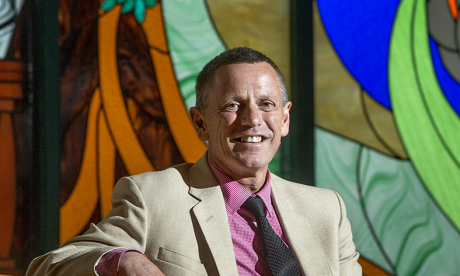A new Government funding scheme looks set to make schools in “low-decile” areas worse off, a New Zealand Herald article says.
Those in South Auckland look to be particularly affected by the new equity index, especially those with Pasifika students, it claims.
Māngere’s De La Salle College, for instance, is reportedly likely to lose about $100,000 in annual funding. That’s more than $100 a student at the former decile 1 school.
The Treasury warned the Government about this outcome, the article says. It suggested the Government increase funding to help low decile schools. The Government rejected the advice.
Most schools seem likely to benefit though. About 90 percent have been told their funding would increase under the new equity index.
The New Zealand Catholic Education Office (NZCEO) says the report about the new funding scheme’s impact on De La Salle College is disappointing.
At this stage, NZCEO isn’t willing to comment further as it’s had no direct contact from Catholics schools about the week-old scheme.
“That is something that we will be seeking from the Ministry of Education so we can look at the sector as a whole”, says Kevin Shore, NZCEO chief executive.
The equity index
The equity index will distribute a pool of nearly $240 million. It replaces the near 30-year-old decile system.
The index is based on analysis of every student’s circumstance in each school.
A statistical model analyses the extent to which a school’s students might face socio-economic barriers that could get in the way of their achieving at school.
This considers the impact of 37 socio-economic factors linked to NCEA levels 1 and 2 achievement, Shore explains.
“There are four types of measures – (a) parent socio-economic factors, (b) child socio-economic factors, (c) national background and (d) transience.
“It uses the circumstances and results of past students to understand the barriers current students are facing based on their circumstances.
“I have met with the team who were designing and developing this tool and it seemed to be very comprehensive and, from the outside, something that would identify those students most in need.
“The model looks at cohorts of children from the last 20 years who have already passed through the school system,” he explains.
Shore says there should be no bias in the application of the EQI across state- and state-integrated schools if the index is applied impartially.
The new funding model effects
“I have no evidence to suggest that there are any issues specific to Catholic schools in the application of the index,” he says.
Nor does he have information regarding whether the very positive achievement outcomes of many Catholic schools has resulted in a negative impact on the EQI and a resulting loss of funding.
Shore says he would need to see summary data on the EQI for Catholic schools across the country to be able to analyse this.
Any policy that increases inequity is a concern. NZCEO will continue to seek information on the impact of the EQI, he says.
The Ministry of Education says schools that lose funding would be provided transition support.
